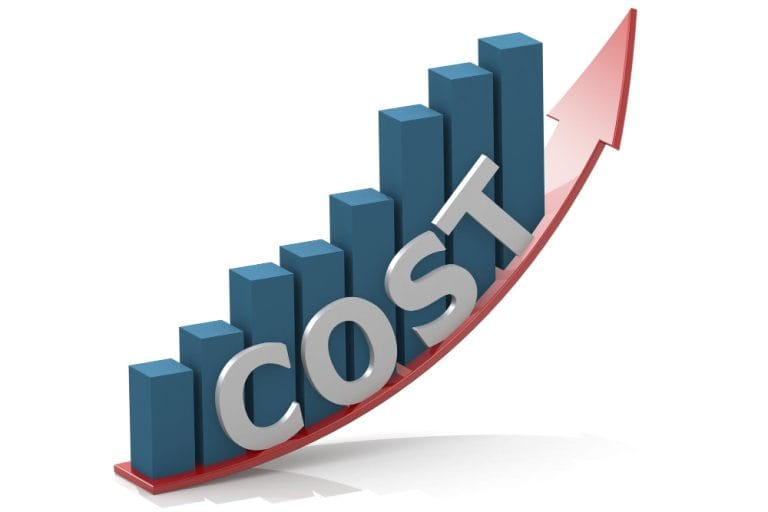
Debt Consolidation Loan
Managing multiple debts can be daunting for anyone. Juggling various due dates, interest rates, and payment amounts often leads to financial stress and confusion. This is a common scenario for many Singaporeans, who may be overwhelmed by the complexities of handling several credit cards, loans, and overdrafts.
Fortunately, a solution can simplify this process: a debt consolidation loan. You can combine all your existing debts into a single, manageable loan through debt consolidation. This streamlines your finances and helps you keep track of payments more effectively. Exploring effective debt management solutions is crucial to regain control over your financial situation. By opting for a debt consolidation loan, you can simplify your repayment process, making working toward economic stability and freedom easier.
What is a Debt Consolidation Loan?
A debt consolidation loan is a financial tool designed to simplify debt management. It involves taking out a new loan to pay off multiple debts and consolidating them into a monthly payment. This process mainly benefits individuals struggling with high-interest debts spread across various sources, such as credit cards, personal loans, or retail financing.
By consolidating these debts, borrowers can often secure a lower overall interest rate, reducing their monthly outgoings. The debt consolidation loan streamlines your payments into one, eliminating the hassle of managing multiple due dates and reducing the risk of missed payments.
For Singaporeans new to this concept, it’s essential to understand the mechanics and benefits of a debt consolidation loan. Such a loan can be a strategic move toward better financial health, provided it is approached with a clear understanding of the terms and a commitment to responsible financial behavior.
Benefits of Using a Debt Consolidation Loan
The primary benefit of a debt consolidation loan is the potential for lower interest rates. By consolidating high-interest debts into one loan, you can reduce the overall cost of borrowing. This leads to reduced monthly payments, making it easier to manage your finances and freeing up cash flow for other priorities or emergencies. Another advantage is the simplification of your financial life. Instead of managing multiple payments with different due dates, you have just one payment to focus on each month, reducing the likelihood of missing payments and incurring late fees.
Additionally, successfully managing a debt consolidation loan can improve credit scores. Consistent, on-time payments demonstrate financial responsibility, which can positively impact your credit profile. On a psychological level, debt consolidation can alleviate the stress of juggling multiple debts, providing a more straightforward path to financial freedom. This mental clarity can empower you to make more informed financial decisions, enhancing your financial well-being.
Potential Drawbacks of Debt Consolidation Loans
Despite the benefits, there are potential drawbacks when opting for a debt consolidation loan. One of the main risks is the temptation to accumulate more debt after consolidating existing debts. Without a change in spending habits, individuals may fall into the trap of taking on new debt, worsening their financial situation.
Additionally, debt consolidation loans may come with fees, such as origination or prepayment penalties, which can increase the overall cost of the loan. It is essential to fully understand these costs before proceeding.
Moreover, while monthly payments may be lower, they are often spread over a longer repayment term. This can result in paying more interest over the life of the loan despite the lower rate. It is crucial to weigh these potential drawbacks against the benefits and ensure that the decision aligns with your long-term financial goals.
Steps to Apply for a Debt Consolidation Loan
To apply for a debt consolidation loan, start by researching potential lenders. Compare their terms, interest rates, and fees to find the best option for your financial situation. Once you have identified suitable lenders, gather all necessary financial documents, such as income statements, credit reports, and information about your debts.
This preparation will streamline the application process and improve your chances of approval. When applying, ensure you meet the lender’s criteria, including minimum income requirements, credit score thresholds, and other financial metrics. Be prepared to discuss your financial goals and how the loan will help you manage your debt more effectively.
After submitting your application, the lender will review your information and assess your creditworthiness. If approved, you will receive the loan funds to pay off your debts, consolidating them into a single, more manageable loan.
Tips for Managing Finances Post-Consolidation
After consolidating your debts, adopting healthy financial habits is essential to prevent future debt accumulation. Start by developing a realistic budget for your income, expenses, and debt repayment. This budget will serve as a roadmap for your financial journey, helping you stay on track and avoid unnecessary spending. Consider seeking financial counseling or education to enhance your money management skills.
These resources can provide valuable insights and strategies for maintaining a balanced financial life. Review and adjust your financial plan regularly to accommodate changes in your circumstances. By staying proactive and committed to your financial goals, you can leverage the benefits of debt consolidation to achieve long-term economic stability.
To Wrap It Up
Debt consolidation loans offer a viable solution for managing multiple debts, providing benefits such as lower interest rates, simplified finances, and potential credit score improvements. However, it is crucial to approach this option with a clear understanding of the risks and a commitment to responsible financial behavior.
By proactively managing your finances post-consolidation, you can avoid falling back into debt and work towards achieving financial freedom. Embrace the opportunity to take control of your financial future and enjoy peace of mind with a well-managed debt consolidation strategy.






